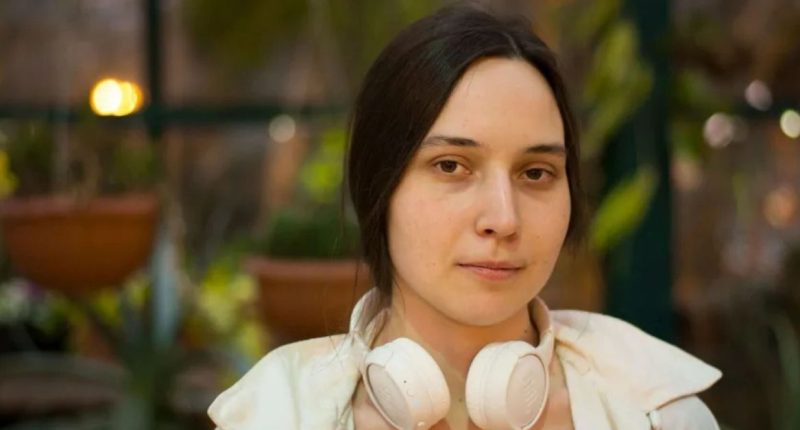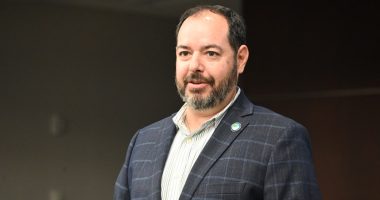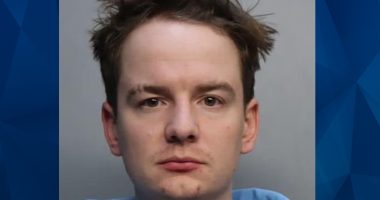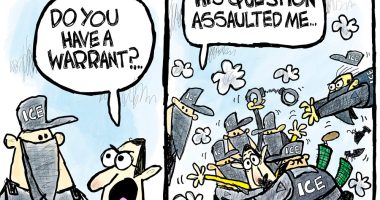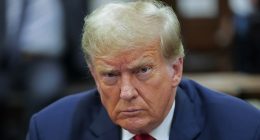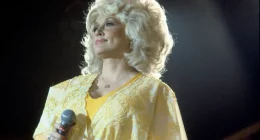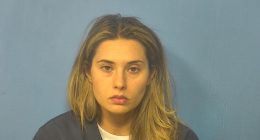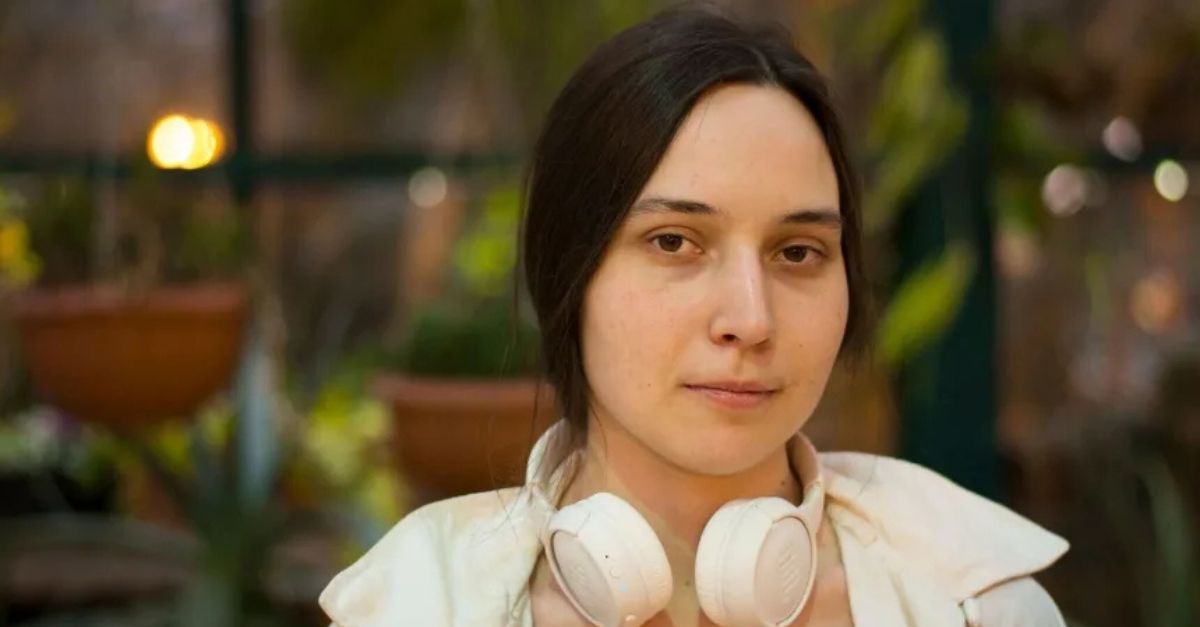
Kseniia Petrova (Gregory Romanovsky).
A Russian scientist currently behind bars and facing deportation after she allegedly tried to sneak frog embryos into the U.S. “will face grave danger for opposing the Putin regime” if she is deported back to her home country, her lawyer claims.
Kseniia Petrova, a 30-year-old research associate at Harvard, was formally charged this week with smuggling after an Feb. 16 arrest at Boston’s Logan International Airport after she arrived on a flight from Paris, a probable cause arrest affidavit said.
More from Law&Crime: ‘Unprecedented and entirely unconstitutional’: Judge motions to kill indictment for allegedly obstructing ICE agents, shreds Trump admin for even trying
Petrova’s attorney Gregory Romanovsky in a statement to the New York Post called the case against his client “meritless” and Customs and Border Protection had “no legal basis” for canceling her visa and detaining her.
Less than two hours after the Vermont judge set a hearing on Kseniia’s release she was suddenly transferred from ICE to criminal custody. This is not a coincidence. It is an attempt by the government to justify its outrageous and legally indefensible position that this scientist working for the US on cures for cancer and aging research has somehow become a danger to the community. The government confirmed in court yesterday its intent to deport Kseniia to Russia, where it knows she will face grave danger for opposing the Putin regime.
Upon her arrival into Massachusetts, a CBP dog alerted his handler of a checked bag belonging to Petrova.
Love true crime? Sign up for our newsletter, The Law&Crime Docket, to get the latest real-life crime stories delivered right to your inbox.
Agents further searched the bag and reportedly located possible biological items. Petrova at first denied having any such items, the affidavit said. But agents determined the alleged items inside a foam box within a duffel bag contained frog embryos in microcentrifuges and embryo slides. At this point, Petrova admitted her bag had biological specimens inside, officers claim. She was asked if she knew she was supposed to declare the items before entry into the U.S., and after a pause she allegedly said she was “not sure.”
A search of her phone suggested otherwise. Agents allegedly discovered a text message from one of her colleagues. The message allegedly said “if you bring samples or antibody back, make sure you get the permission etc. Like that link I sent to leon-/group chat about frog embryos because TSA went through my bags at customs in Boston.”
Once confronted with this, she stated “was not sure about embryos specifically,” the affidavit said.
Agents also recovered another text message exchange between her and another person.
“What is your plan for getting through customs with samples?,” the person allegedly asked Petrova.
“No plan yet,” she responded, per the affidavit. “I won’t be able to swallow them.”
According to agents, Petrova willingly withdrew her application to enter the country. Officials canceled her visa.
More coverage: ‘Representative of a deranged authoritarian’: Trump and Stephen Miller blasted by legal experts over ‘active’ discussions about suspending habeas corpus
“When she was asked if she would like the Russian government to be notified that she was in the United States, she claimed that she was in fear of going back to Russia,” agents wrote. “She claimed she had protested the Russian Federation. She provided no other details.”
The government charged Petrova with smuggling items which should have been invoiced. She’s remained behind bars at an ICE facility in Louisiana after since the incident.
But Petrova in a phone interview with NBC News claimed when Customs asked if she had the samples, she “said yes.”
During a hearing Tuesday, U.S. District Judge Christina Reiss questioned whether an agent had the authority to revoke a visa. Romanovsky argued there was no such authority.
According to the government, Petrova faces up to 20 years in prison, five years probation and a $250,000 fine.
